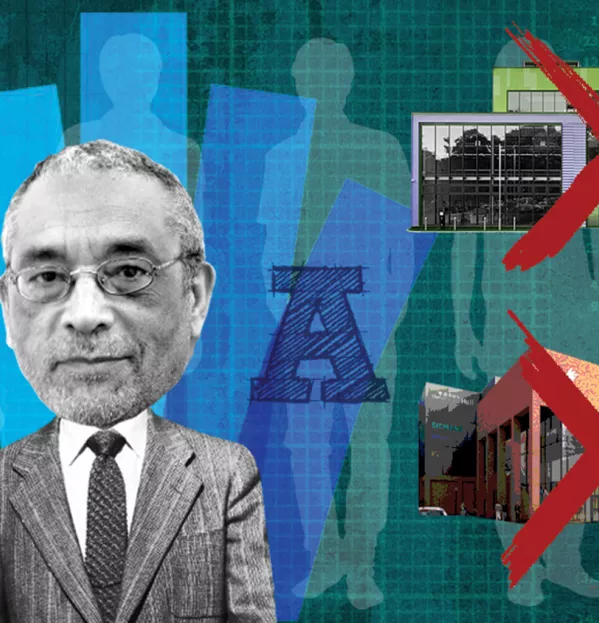University technical colleges (UTCs) seemed like such a good idea. Backed by the formidable Lord Baker, they ended up in David Cameron’s 2015 election manifesto, which promised a UTC “within reach of every city”. They were to be flagship technical schools, their high quality guaranteed by the involvement of a university, their relevance guaranteed by the support of major companies. What could go wrong?
After only five years, most UTCs are struggling. A recent report from NFER makes this painfully clear. With a few notable exceptions, they’ve failed to recruit enough students or failed to achieve good results. More and more are closing, or converting into mainstream schools in an attempt to stave off disaster. They have proved an expensive and distracting diversion from the real agenda, namely how to ensure that existing FE colleges are supported to become the technical institutes we so desperately need.
There were two big flaws in the UTC model. First, by insisting on taking young people from age 14-19, Lord Baker gave UTCs an almost insurmountable hurdle to leap. The idea isn’t bad in itself, but it simply can’t be grafted onto a system which is completely dominated by 11-16 or 11-18 schools. Local schools greeted the arrival of a UTC in their neighbourhood with all the enthusiasm of a mouse confronted with a cat.
They immediately realised that the more pupils the UTCs enrolled, the less would be left for them. If a school had a sixth form, a successful UTC would potentially render it unviable at a stroke, by luring its brightest science students away.
And how many parents, having battled to get their children into the best local secondary schools they could find, would consider moving them again after two years? They’ve only just settled down, made new friends, got used to their new learning environment. And a new UTC, no matter how bright and shiny, had no track record of success, and no settled culture or curriculum.
Not surprisingly, many UTCs enrolled a high number of pupils who were unsettled or unhappy at their current schools and were frequently underperforming academically. The result was a complete mismatch between UTCs and their pupils.
The second problem is that little or no curriculum exists for technically-minded students aged 14-16. Michael Gove’s spate of reforms have virtually eradicated any practical or technical courses at secondary school, prioritising traditional classroom-based subjects rather than applied studies. So UTCs have had to piece together a patchwork of GCSEs and vocational education, especially at the crucial 14-16 stage. Those that tried to start pupils on higher-level technical courses found themselves limited by the skills level of many of their new pupils.
I predict all but a handful of UTCs will quietly fade away to become a footnote in the history of England’s hesitant and tortuous journey towards rediscovering technical education. They posed all the right questions, but they haven’t proved to be the answer.
Andy Forbes is principal of the College of Haringey, Enfield and North East London.
